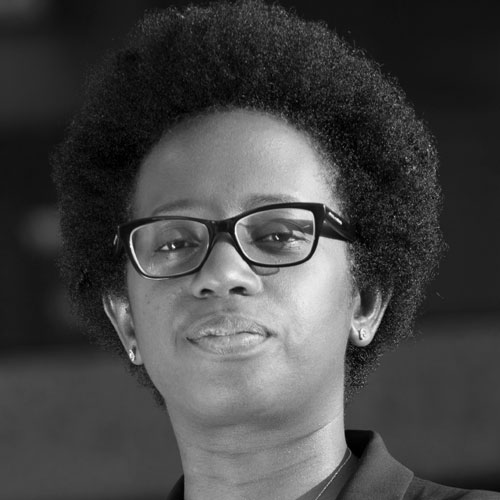As the long-term socio-economic consequences of the Covid-19 pandemic threaten to undo years of progress made on global poverty reduction and inequalities, there has been a renewed focus on developing equitable and sustainable models of economic development, particularly in the world’s poorest countries. What has been referred to as the ‘Fourth Industrial Revolution’, which involves increased digitisation, automation, e-commerce, and remote learning and work, risks exacerbating existing and creating new inequalities. However, it also has the promise of significant benefits, including the potential of increased equal-opportunity work for knowledge workers around the world.
Given the potential for runaway inequality to foment social fragmentation, retard economic growth and stall inaction on global threats such as climate change, finding viable solutions to closing the gap between the ‘haves’ and the ‘have nots’ has become a strategic imperative for governments the world over. As economic engines restart in the wake of the pandemic and consistent growth returns to the global economy as a whole, the challenge for states and international organisations alike will be to ensure an equitable distribution of benefits. As the world becomes increasingly interconnected, governments and strategists will continue to look beyond their borders in an effort to anticipate problems with the potential to impact them at home. Economic opportunities and the threat of inequality, particularly in the wake of the pandemic, is set to increasingly be on the strategic radars of even the wealthiest states.
Discussion Themes
• How can governments, regional bodies, and international organisations mitigate the strategic challenges presented by widening inequalities and disparities in health outcomes and employment opportunities resulting from the pandemic?
• What are the potential knock-off effects of inaction on inequalities and social division both within countries and globally? What are national governments doing to prepare for these potentials?
• Why should the issue of global inequality be considered a strategic concern for even the wealthiest of states?
• How does the issue of digital inequality stand to exacerbate existing economic inequalities as what has been referred to as the ‘Fourth Industrial Revolution’ moves forward?
• Intergenerational inequalities have been identified as particularly problematic, with limited educational and economic opportunities set to exacerbate youth frustration. How is this issue informing strategic outlooks, and how can the problem be conceived globally in a way that accounts for strategic interests?




